Alchemy Film & Arts
Using film as a way to come together, have conversations and strengthen community.
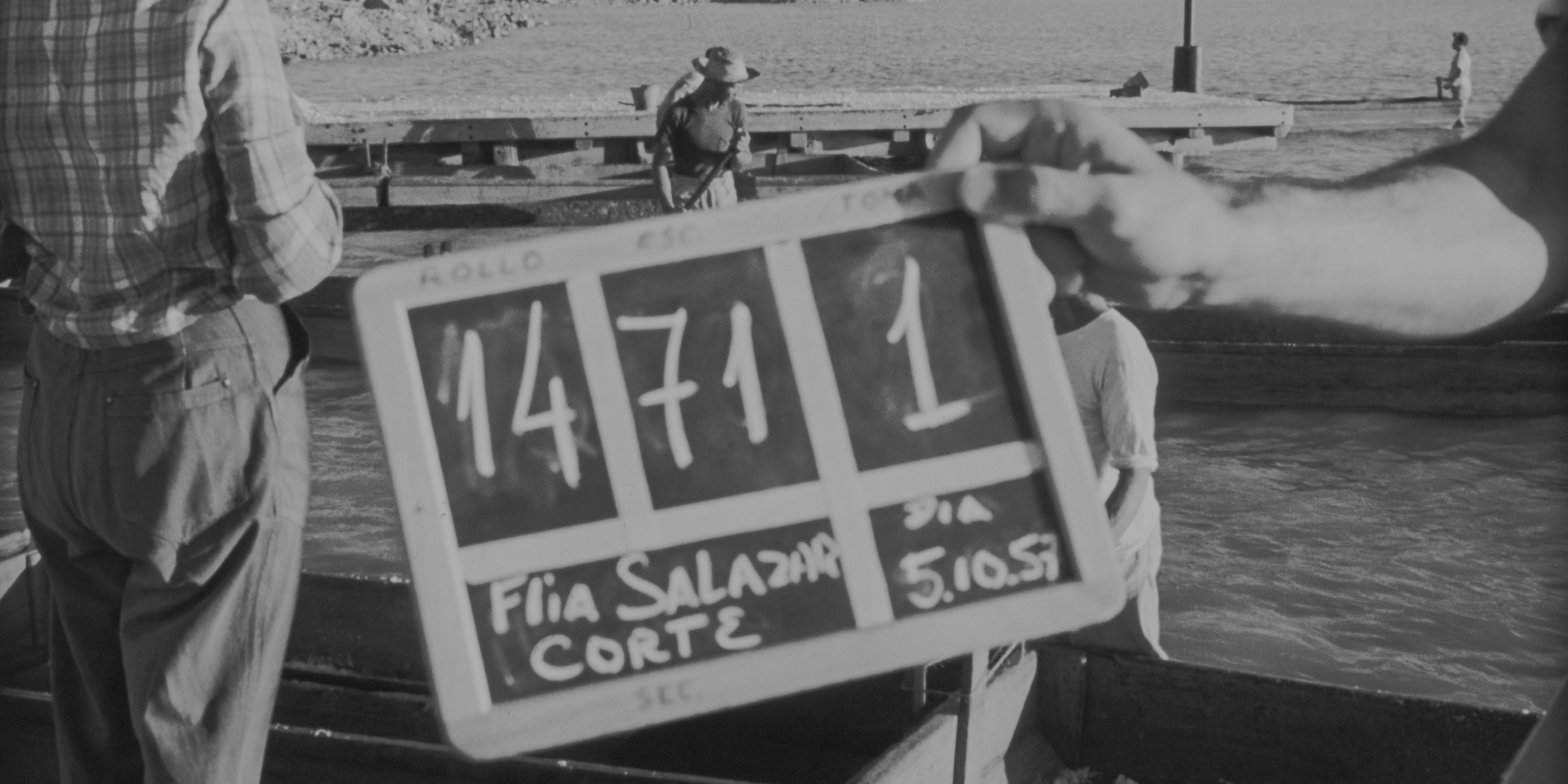
WELCOME > SCHEDULE > EVENTS > EXCERPTS ON EXTRACTION > ARAYA OFFCUTS
As part of his research residency with Alchemy Film & Arts, Francisco Llinas introduces Andrés Prypchan‘s restoration of footage from Margot Benacerraf’s Araya (1959).
Andrés will present a selection of the material as part of Excerpts On Extraction – a performance, screening and discussion event on Sunday 4 May – while Araya is our closing feature.
We are delighted to also include the footage here in full for its first public showing. This page contains both the unrestored and restored material. Please note all of the footage is silent.
Our three Festival trailers this year also feature scenes from Andrés’s restored material.
PROGRAMME NOTES
by Francisco Llinas
The legacy of Venezuelan filmmaker Margot Benacerraf (1926 – 2024) is undeniable. As the founder of Venezuela’s National Cinémathèque in 1966, and the first Latin American woman to win a prize at Cannes Film Festival, Benacerraf was a major influence on the Latin American New Cinema movement of the 1960s and a trailblazer for feminist artists and filmmakers in the region and beyond. Among her final wishes before her passing in May 2024 was the digitisation, restoration, and dissemination of the offcuts from her feature-length film Araya (1959), stored at Venezuela’s National Library.
Originally three hours long, Araya was edited down to 90 minutes for its submission to Cannes Film Festival. The offcuts at the National Library included material from the original extended cut, as well as previously unseen footage left behind during the editing process. These reels were rapidly deteriorating in the film archive, showing clear signs of vinegar syndrome – the chemical decomposition of cellulose film stock.
In 2023, supported by a research grant from Cornell University’s Society for the Humanities and Latin American Studies assistant professor Dr Vanessa Gubbins, film restorer Andrés Prypchan began the year-long process of accessing the materials and securing the rights to digitise and restore them. Because part of the offcuts had been donated to the National Library by Benacerraf in 1982, while other reels remained part of her estate, Prypchan had to navigate complex bureaucratic hurdles –including the delicate process of obtaining Benacerraf’s written permission amid her declining health between 2023 and 2024.
In the underfunded Cinémathèque of Venezuela’s National Library, where the air is contaminated by acetic acid and heavy metals, Prypchan was only allowed to work for three hours at any given time. He laboured for more than two weeks in the 30-degree heat of the archive, reviewing the 250 film cans containing Araya’s offcuts. Most of the material was mislabelled and beyond repair. Only 23 cans were still suitable for digitisation and restoration.
Following the scanning process, carried out in collaboration with CINESA, Prypchan embarked on an intensive three-month restoration process. For a handful of clips, restoration remains ongoing as he secures access to professional software at Universidade Lusófona in Portugal, which will allow him to complete final refinements that go beyond the possibilities of manual restoration.
Prypchan’s work on Araya’s offcuts, screened for the first time publicly at Alchemy Film and Moving Image Festival 2025, breathes new life into Benacerraf’s landmark film and fulfils her final wish to see these materials restored and shared with the public. Presented in addition to a screening of Araya as this year’s closing feature, this restoration not only commemorates the life and legacy of one of Venezuela’s most prominent filmmakers – marking a year since her death – but also brings the film’s themes of colonial and neocolonial extraction into renewed focus. In doing so, the material invites reflection on how archival practices can illuminate the historical roots of Venezuela’s current political, economic, and displacement crises, and how the past remains embedded in the present.
OFFCUTS: UNRESTORED
OFFCUTS: RESTORED
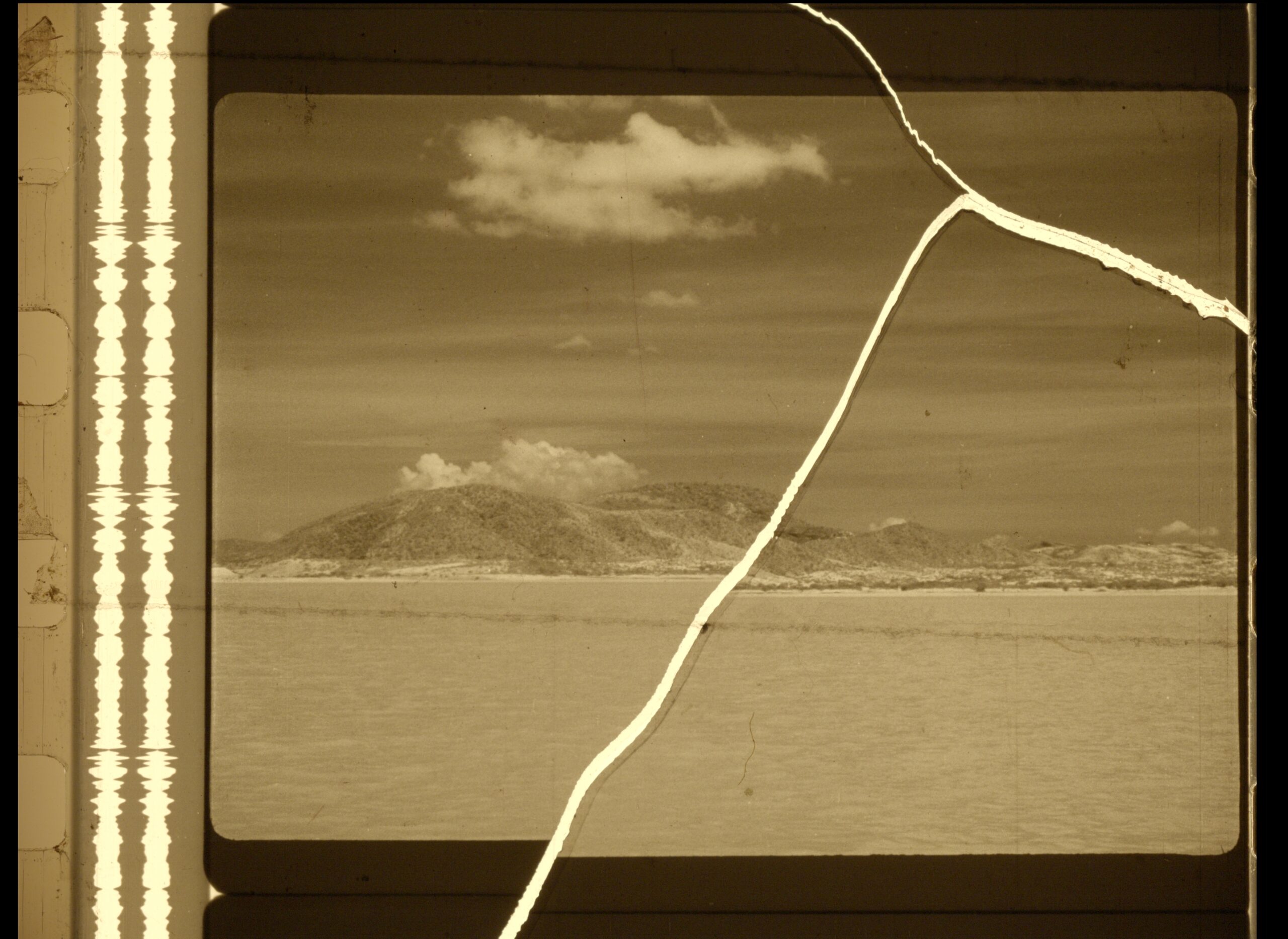
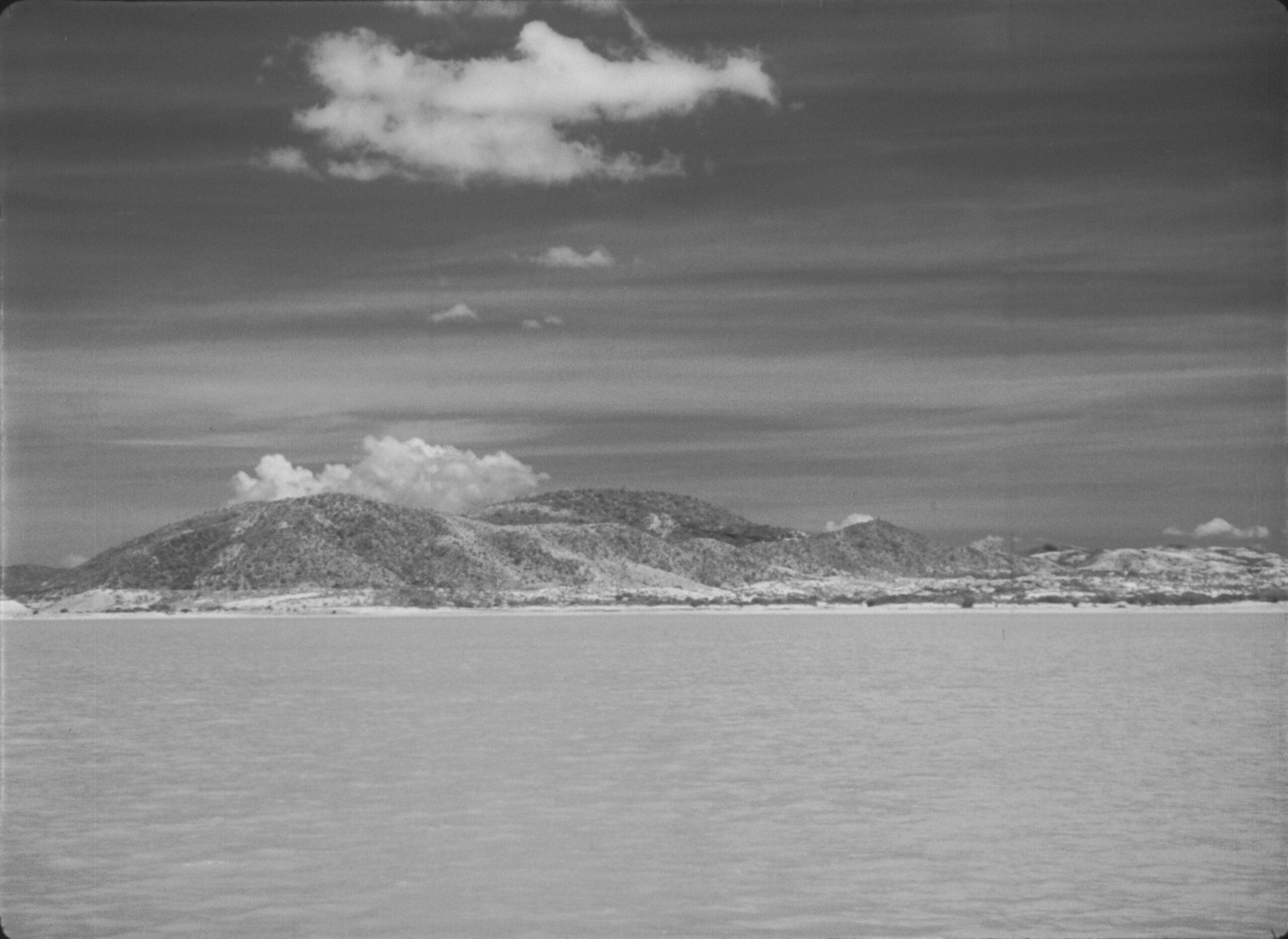
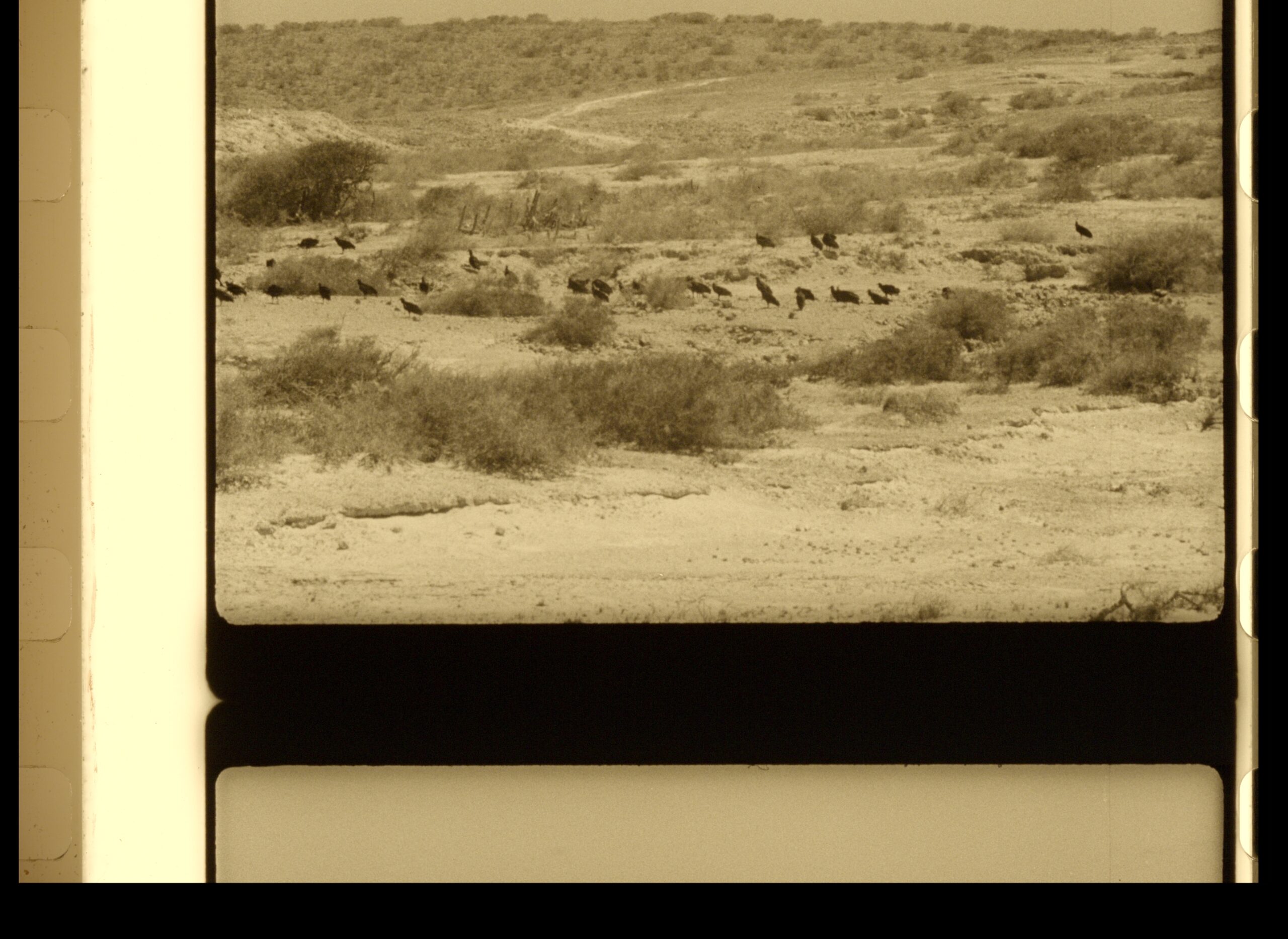


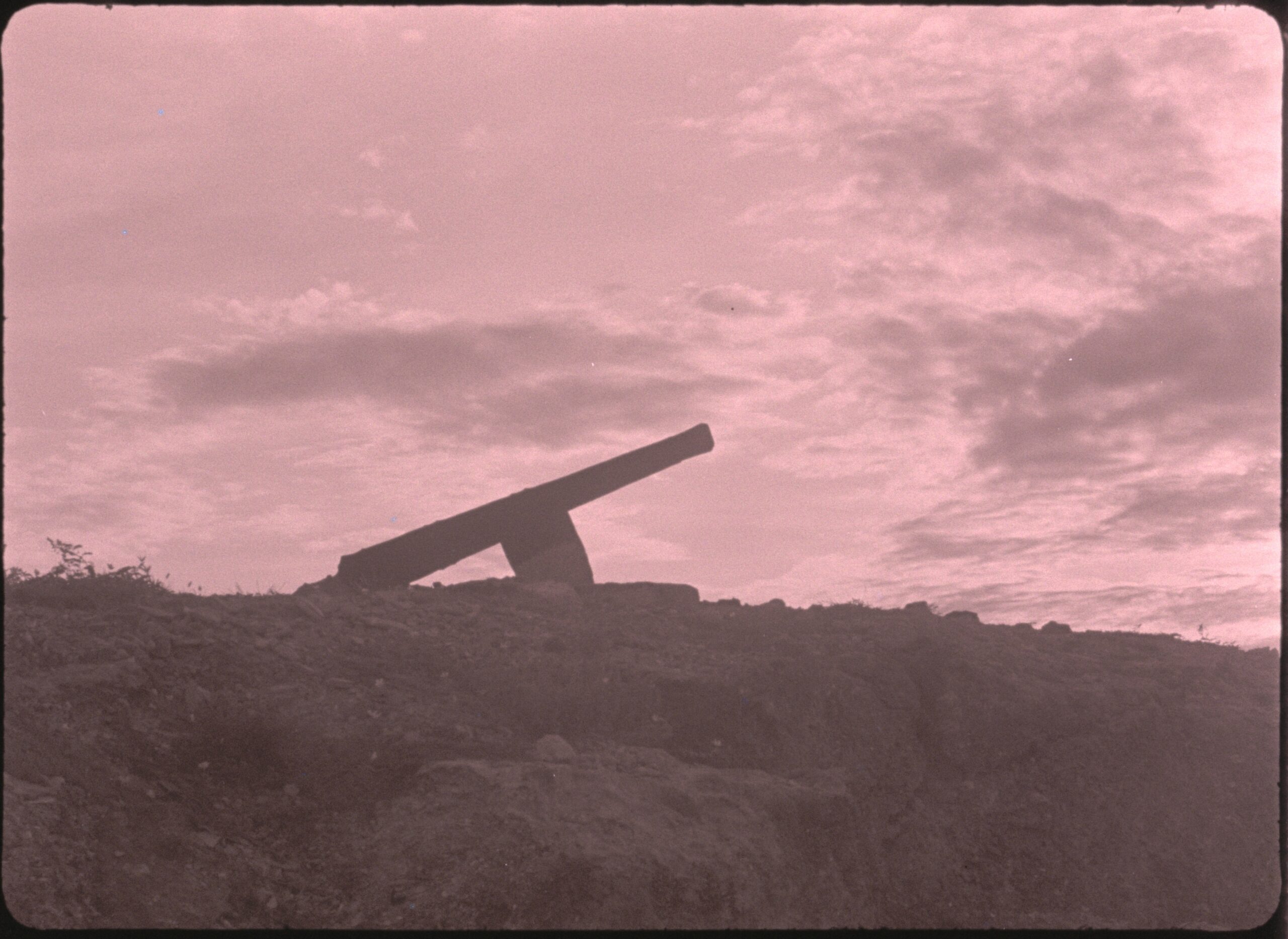

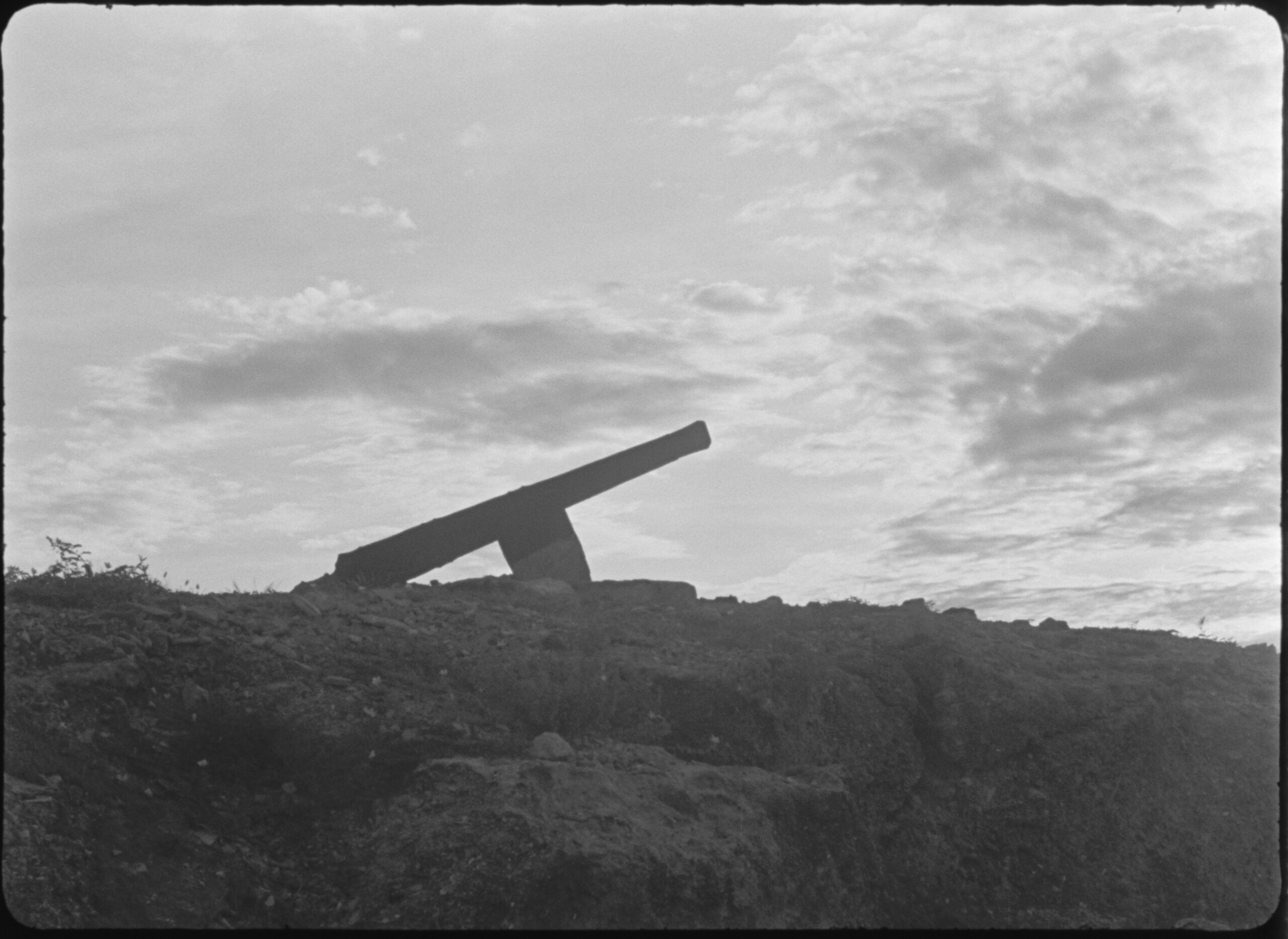
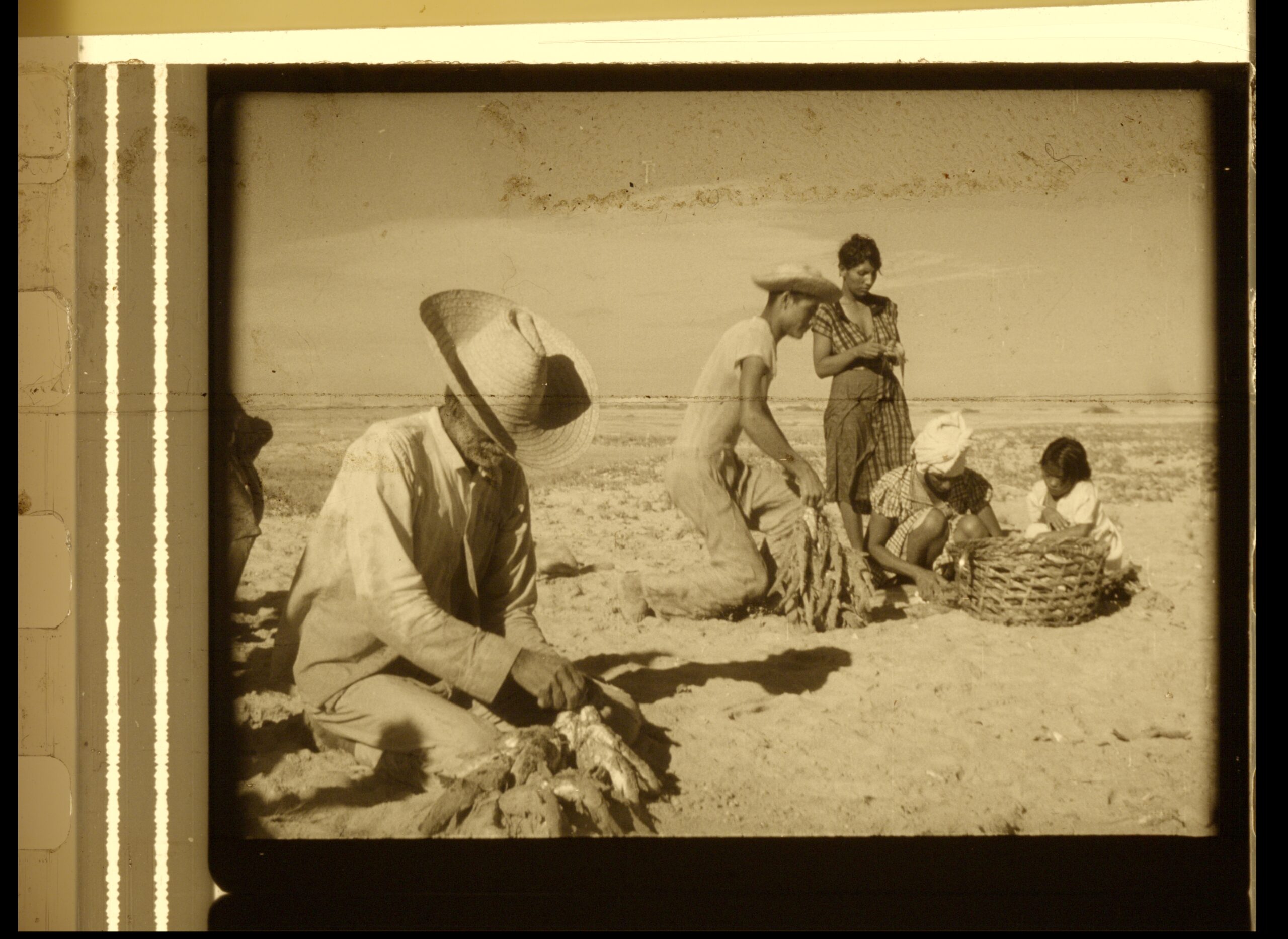
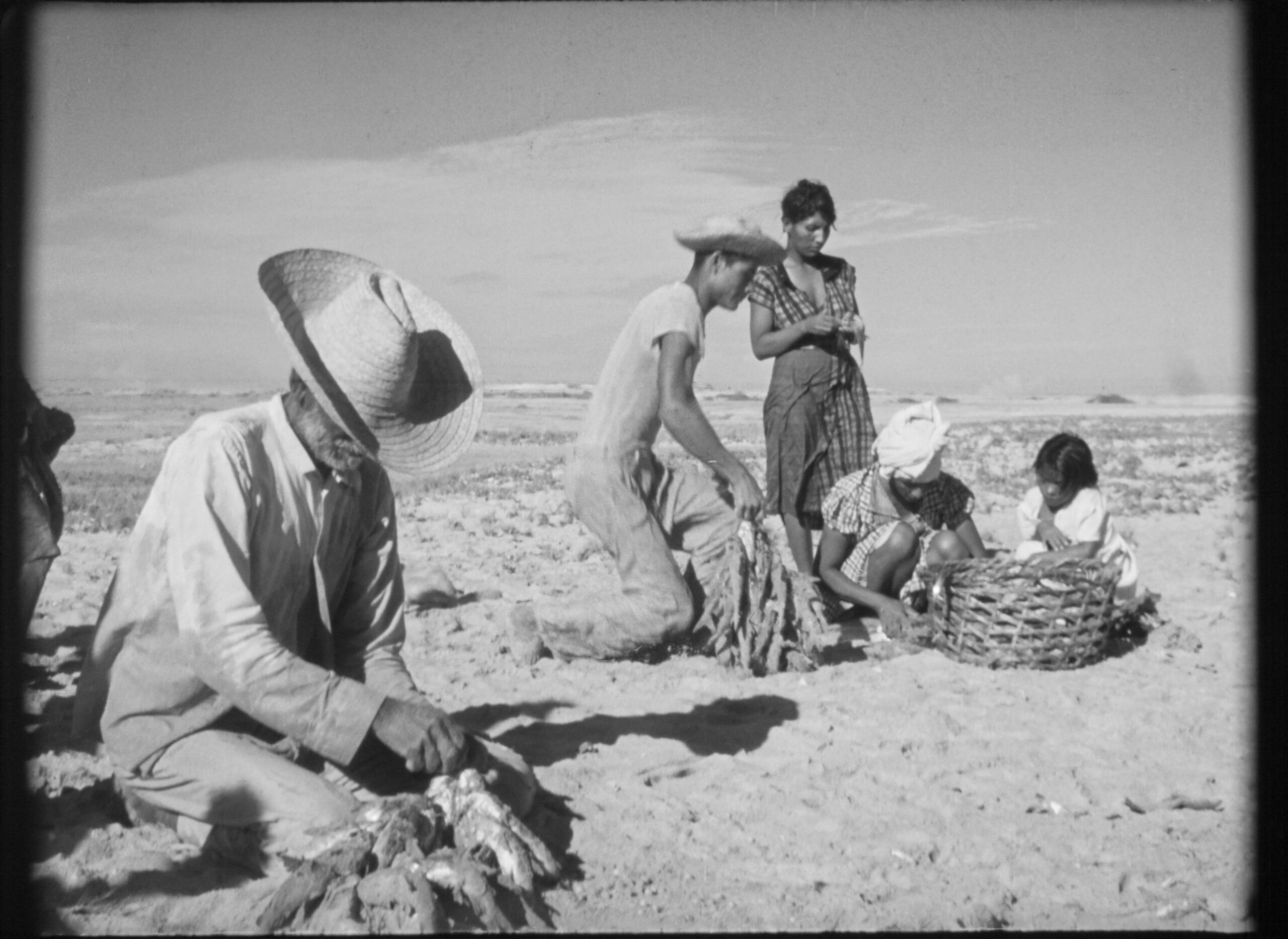

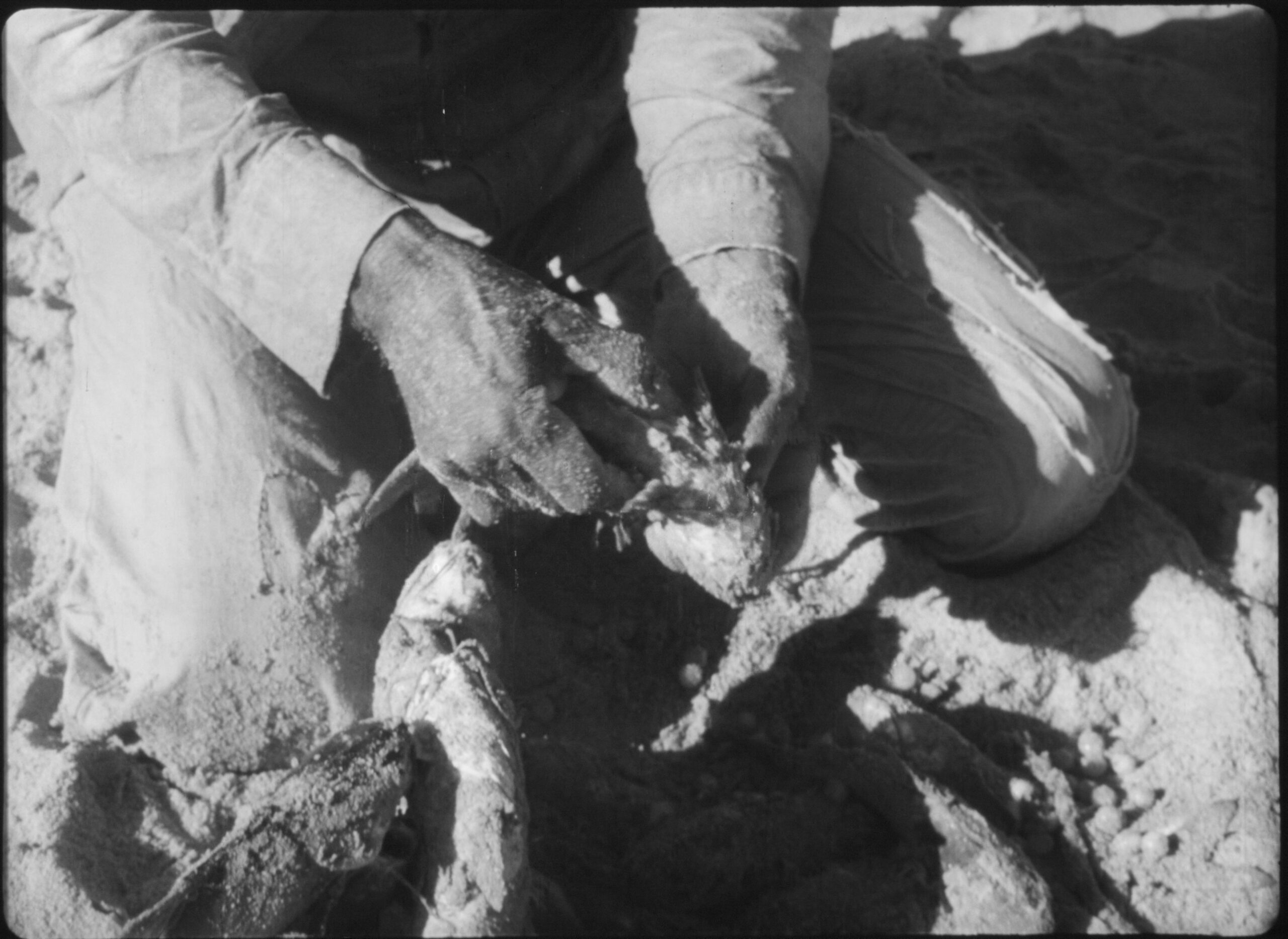
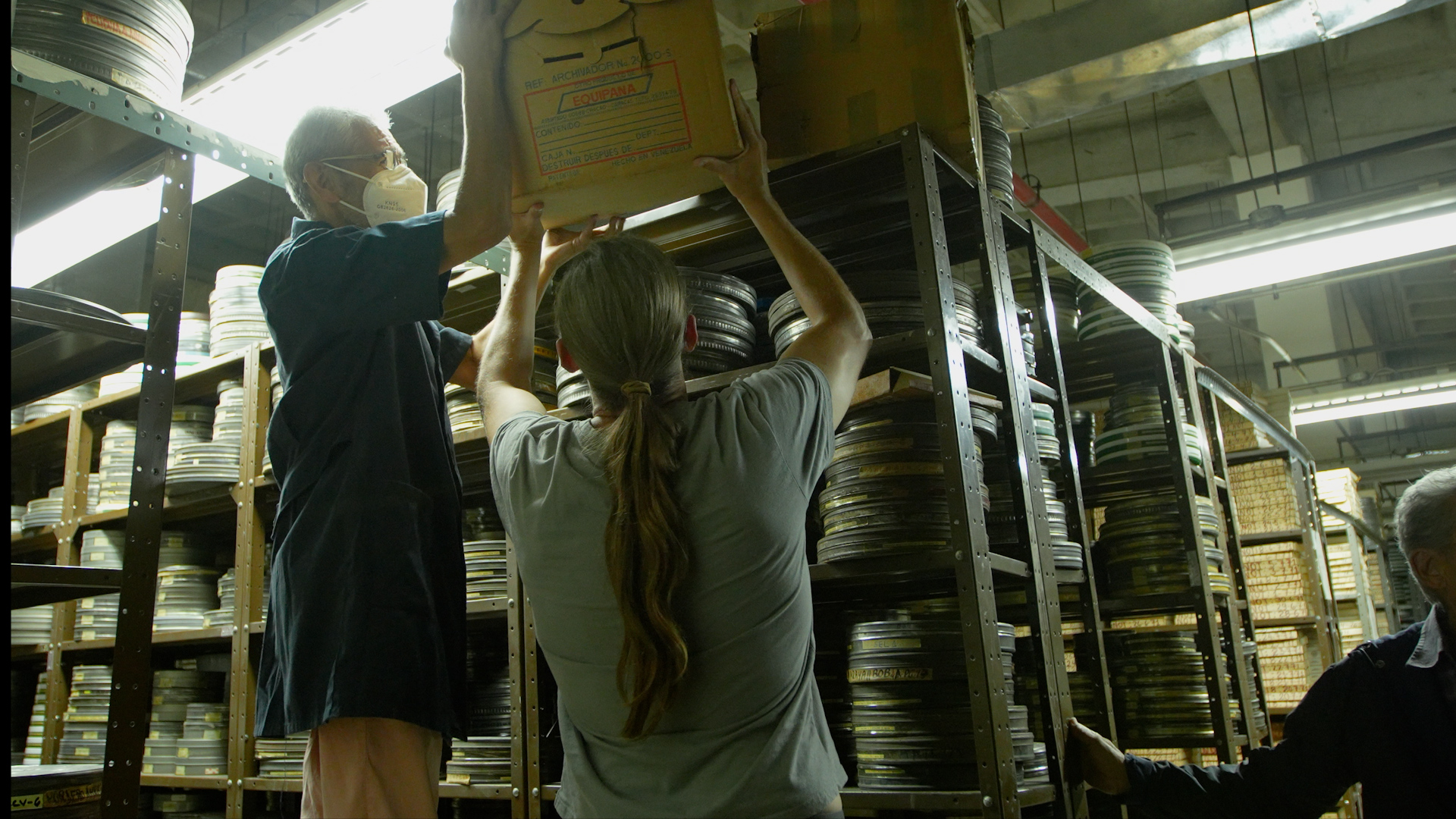

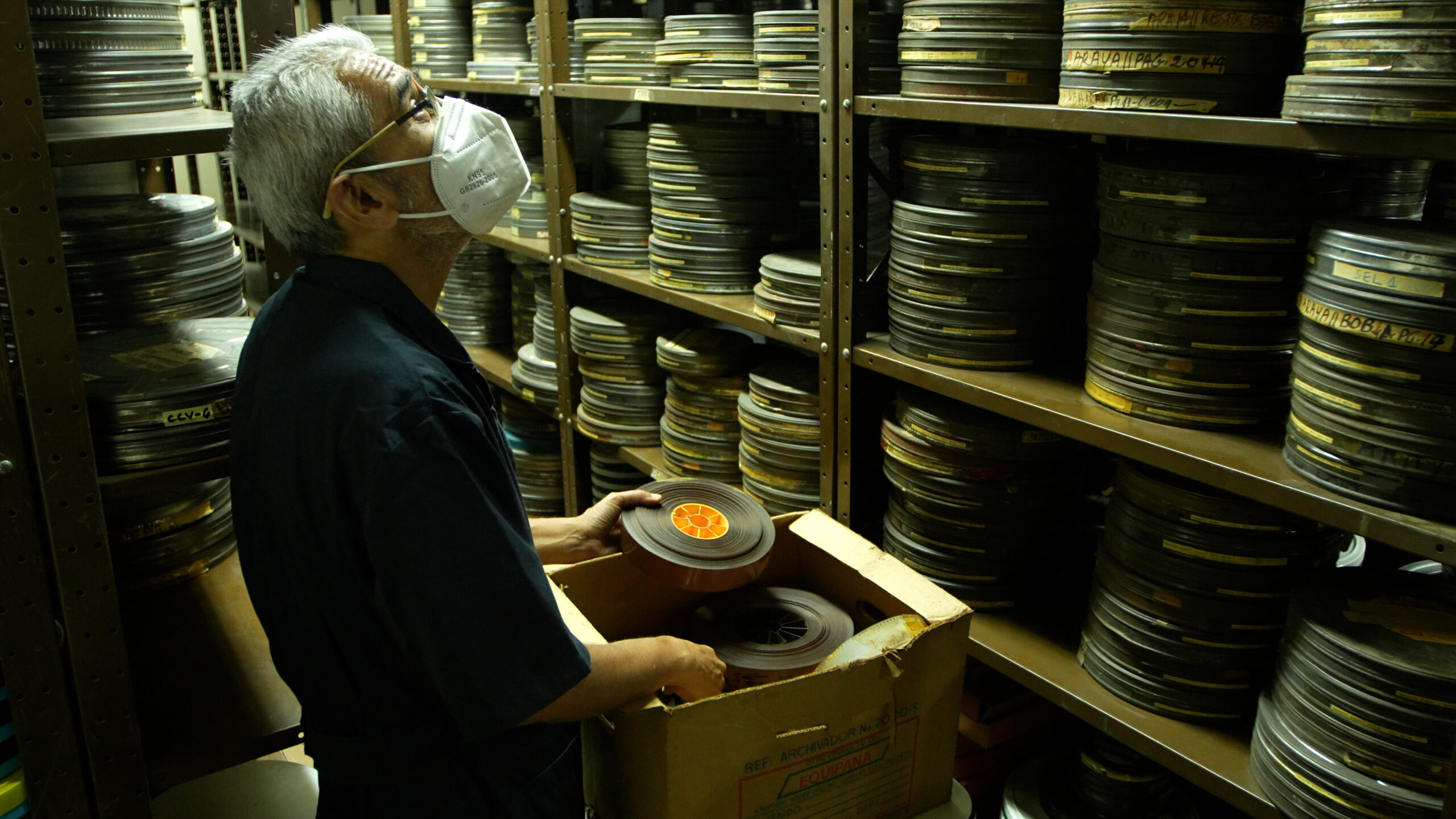

Alchemy Film & Arts
Room 305
Heart of Hawick
Hawick
TD9 0AE
info@alchemyfilmandarts.org.uk
01450 367 352
Charity Number: SC042142
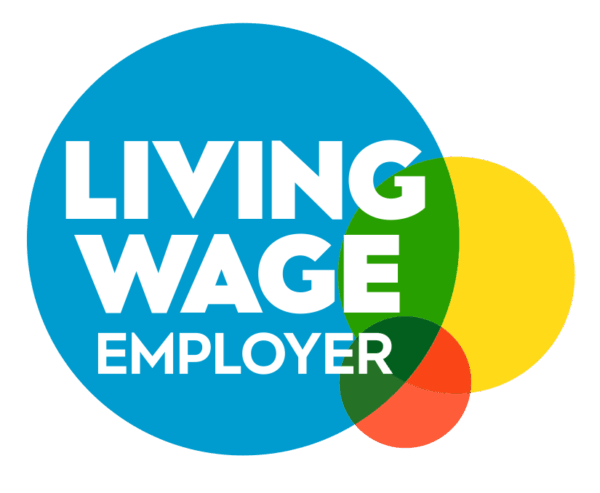
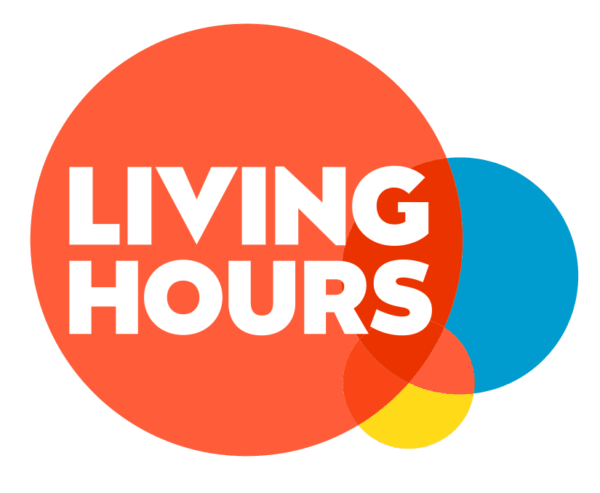
© 2025 Alchemy Film & Arts